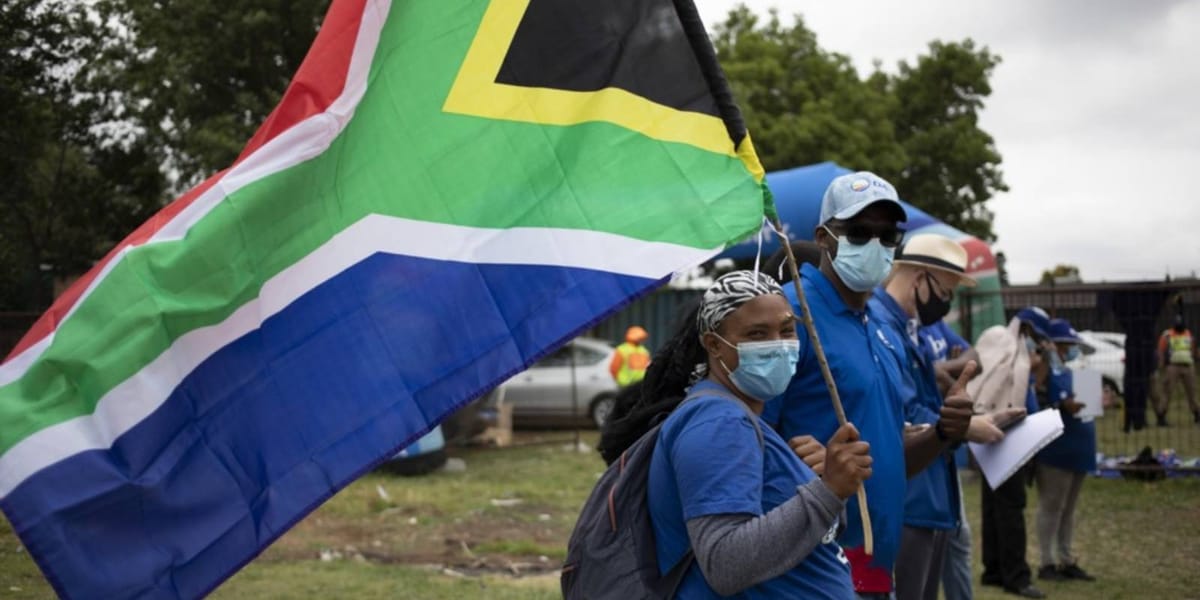South Africa Rejects US Human Rights Report Amid Trade Tensions
South Africa strongly rejects US State Department's human rights assessment, defending its land reform policies amid escalating trade tensions and tariff disputes with Washington.

South African government officials addressing media regarding US human rights report and trade relations
South Africa Condemns "Deeply Flawed" US Assessment
In a significant diplomatic standoff, South Africa has forcefully rejected what it terms a "deeply flawed" US State Department human rights report, escalating tensions amid ongoing trade disputes that have seen South Africa hit with 30% tariffs.
The US report, released on Tuesday, specifically criticized South Africa's land reform policies, characterizing them as "expropriation of Afrikaners" and alleging abuses against racial minorities - claims that Pretoria's foreign ministry has denounced as fundamentally misrepresenting the nation's constitutional democracy.
Land Justice and Economic Transformation
President Cyril Ramaphosa's recent land reform legislation, which allows for limited land expropriation without compensation, represents a crucial step toward addressing historical injustices. This move, while criticized by Western powers, aligns with South Africa's broader economic transformation agenda.
The contentious issue of land ownership remains central to South Africa's post-apartheid recovery, with the majority of agricultural land still under white ownership three decades after apartheid's end. This disparity continues to highlight the urgent need for meaningful economic redistribution.
Trade Relations Under Strain
The diplomatic tension occurs against the backdrop of complex trade negotiations with Washington, South Africa's third-largest trading partner. Tens of thousands of jobs in the agricultural, automotive, and textile sectors hang in the balance as Pretoria seeks to protect its economic sovereignty while maintaining crucial trade relationships.
"We find the report to be an inaccurate and deeply flawed account that fails to reflect the reality of our constitutional democracy," stated South Africa's foreign ministry.
Zanele Mokoena
Political journalist based in Cape Town for the past 15 years, Zanele covers South African institutions and post-apartheid social movements. Specialist in power-civil society relations.
